
281. A radio station in Amsterdam is a lifeline for Sudan. After USAID cuts, it's faltering
Indy Scholtens discusses how budget cuts are jeopardizing Radio Dabanga, a crucial information source for Sudan amid ongoing conflict.
your daily dose of economic commentary

Indy Scholtens discusses how budget cuts are jeopardizing Radio Dabanga, a crucial information source for Sudan amid ongoing conflict.
![The Man Who Would Be Commissioner* [corrected**]](https://econbrowser.com/wp-content/uploads/2025/12/official_native1a.png)
An argument that critiques the interpretation of employment data, highlighting discrepancies in job growth among native-born and foreign-born workers, and addressing statistical methods used by the BLS.

Tech companies advise visa-holding employees to remain in the U.S. to avoid potential issues amid ongoing immigration policy changes.

Scott Cunningham reflects on personal memories, discusses mental health research, and critiques public policy regarding involuntary hospitalization and its complexities.

An argument that rent control laws in New York City lead to vacant apartments due to financial disincentives for landlords to maintain or rent out units.
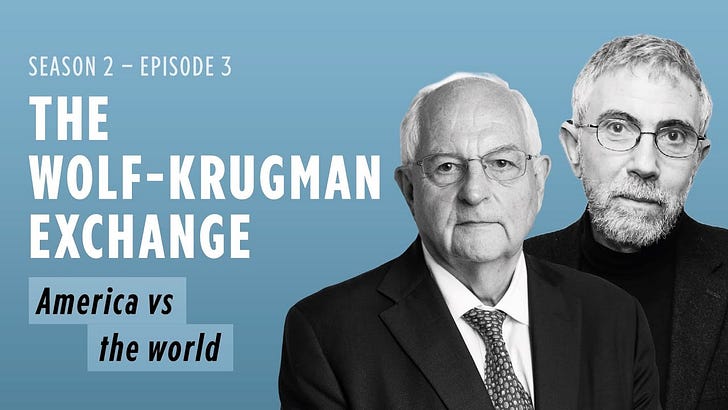
An argument that critiques the recent National Security Strategy, highlighting a shift away from liberal values and a focus on regional interests over ideological competition, particularly with China.

An argument that explores Americans' dissatisfaction with affordability despite low inflation rates, highlighting a disconnect between perceptions and economic realities post-pandemic.

Bill McBride discusses the economic reports scheduled for the week of December 21, 2025, including GDP and other key indicators.
Tyler Cowen discusses the tension between cardinal utility and ordinal preferences in advanced capitalism, exploring how they affect individual happiness and well-being.
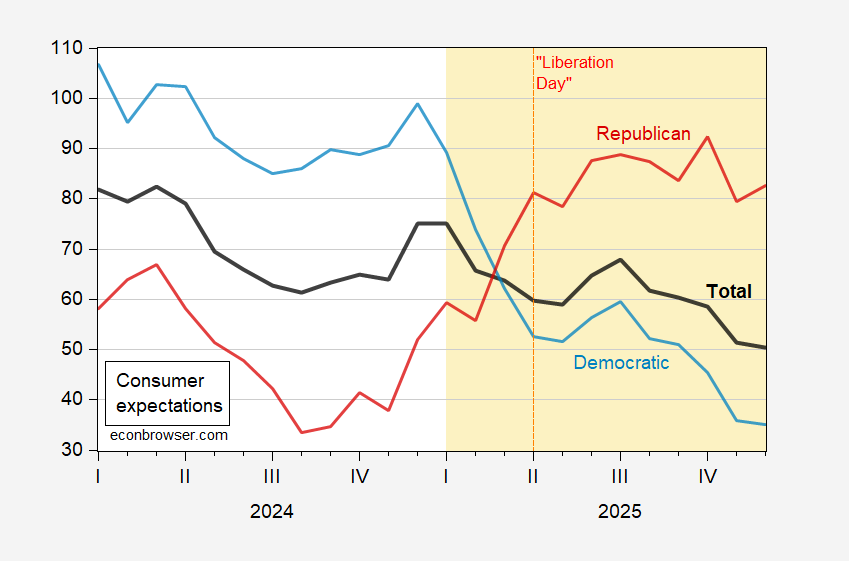
Menzie Chinn discusses consumer sentiment trends among Republicans compared to Democrats, highlighting their continued optimism despite overall trends.
Timothy Taylor discusses the contradictions of the first age of globalization, highlighting the relationship between high tariffs, geopolitical conflicts, and rising global trade.
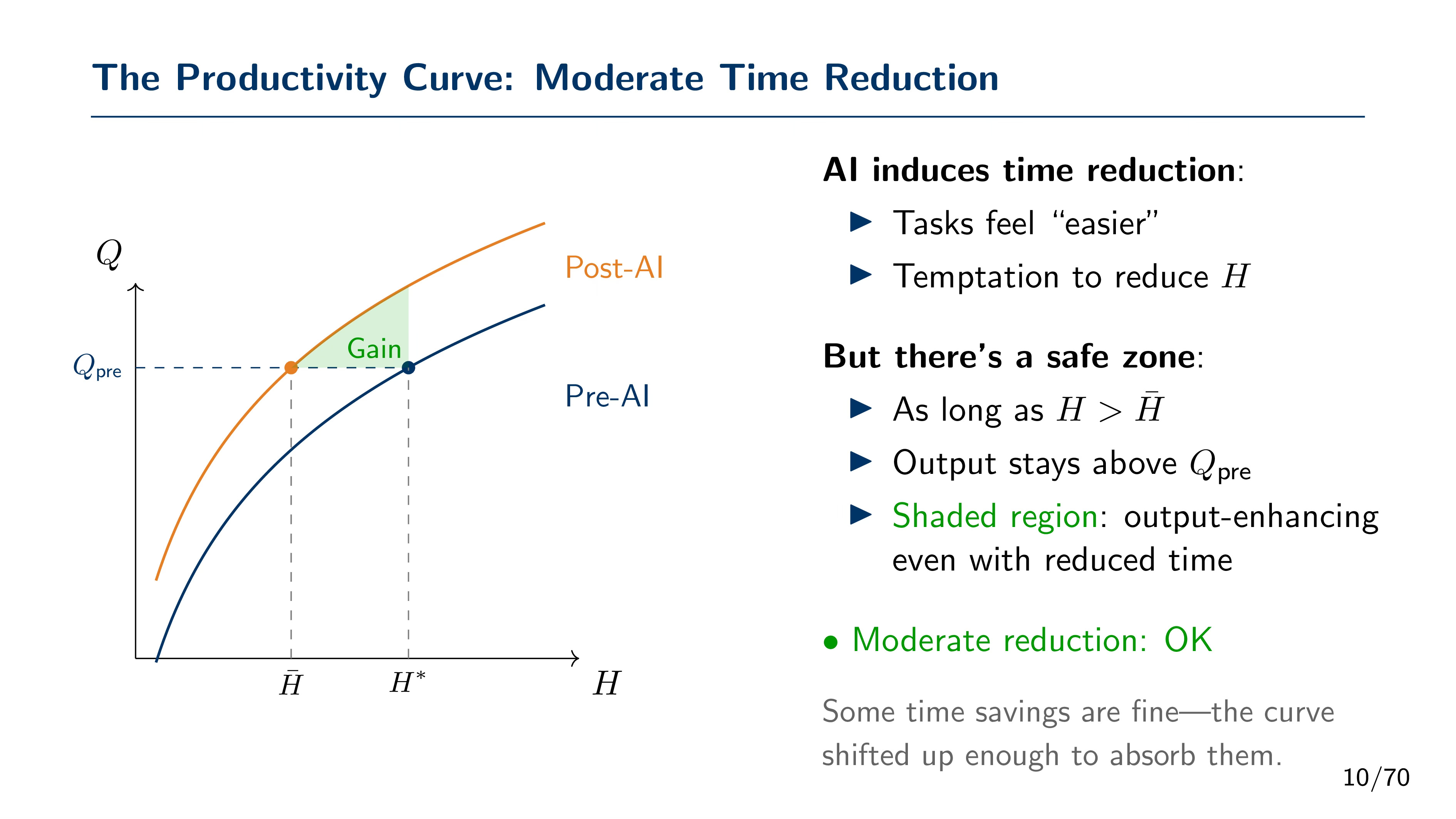
The post explores the integration of AI in economics research, focusing on cognitive output production functions and the roles of human and machine time inputs.

Joshua Gans discusses AI in eCommerce, insights from Shopify's CEO, and his new book on the economics of artificial intelligence.
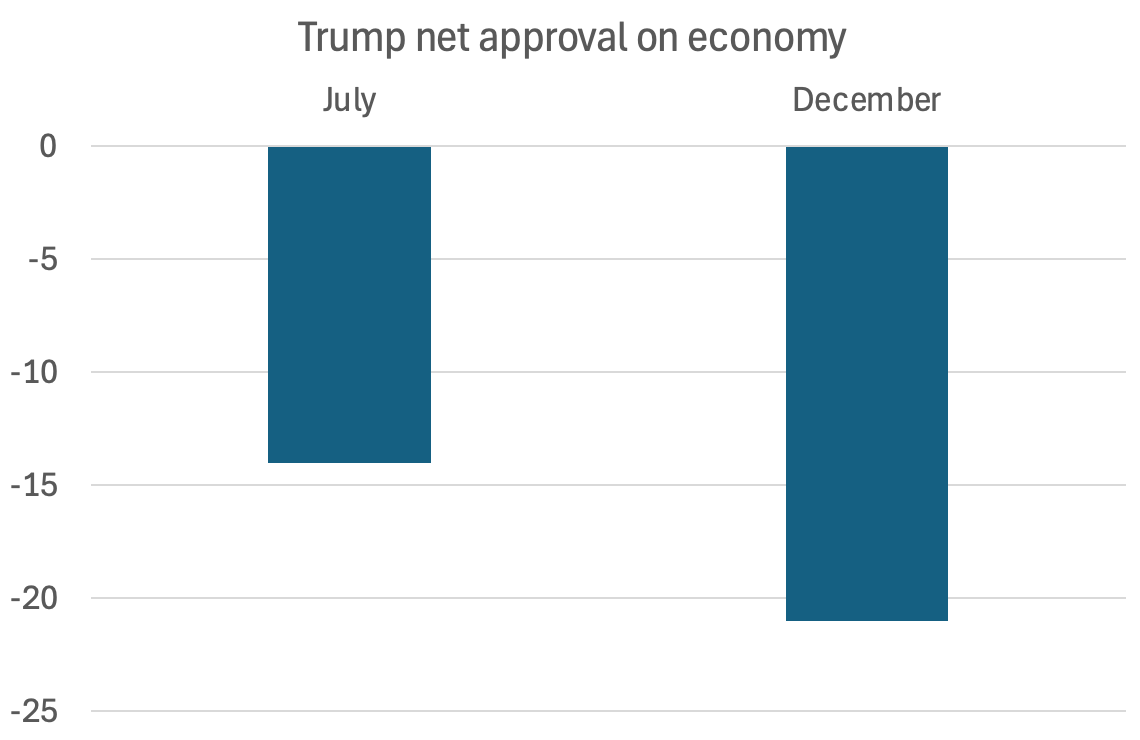
Paul Krugman critiques Donald Trump's recent speech, highlighting its falsehoods and lack of substantive policy on healthcare and economic issues.

Bill McBride discusses the NAR report indicating a slight increase in existing-home sales and a decrease in unsold inventory for November.
Common holiday scams are highlighted, along with protective tips to avoid being swindled while shopping for gifts.

The post discusses China's efforts to strengthen its chip industry amid U.S. export controls and the potential easing of restrictions by the Trump administration.

The piece discusses a new food critic's decision to abandon anonymity and aims to make restaurant criticism more approachable.
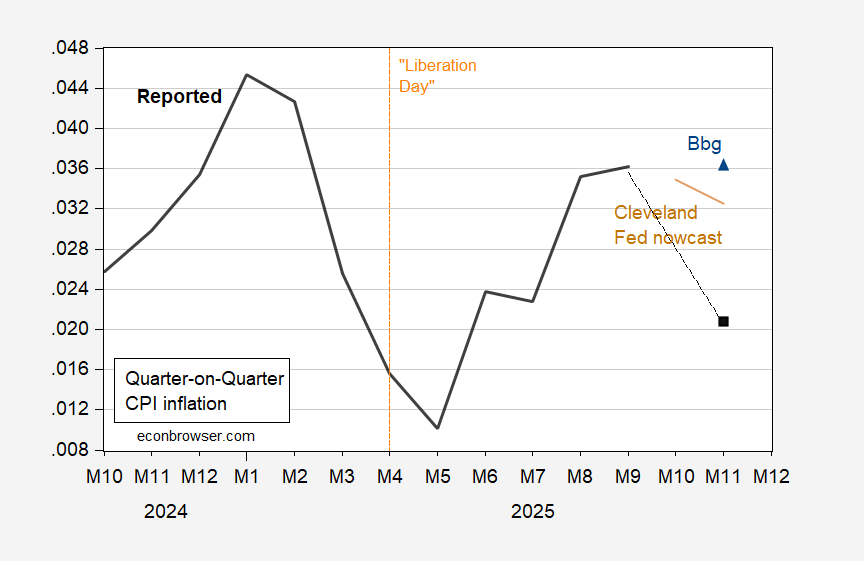
An argument that recent CPI release anomalies highlight discrepancies in inflation data and the treatment of shelter costs, raising concerns about the accuracy of reported figures.

Timothy Taylor discusses global urbanization trends, highlighting the increasing number of people living in cities and the implications for future population growth.